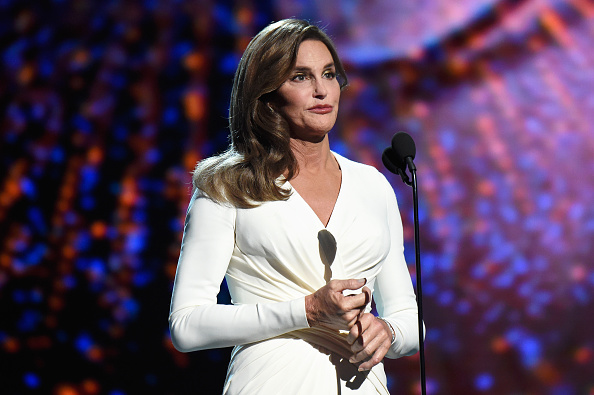
Diane Sawyer’s April 24 interview with Caitlyn Jenner on ABC was not just a ratings hit (20.7 million viewers), but a critical one too, with consensus that the two-hour news special had managed to handle with sensitivity a difficult subject. Now comes I Am Cait, E!’s eight-part documentary series set to premiere July 26, about Jenner’s gender transition and its impact on the network’s linchpin Keeping Up With the Kardashians clan.
E!, not known for tonal delicacy in its handling of social issues on such staples as Shahs of Sunset and Botched, has brought on a trio of well-regarded transgender consultants – two Los Angeles-based therapists plus Jennifer Finney Boylan, the national co-chair of GLAAD’s board of directors – to keep the series, produced by Bunim/Murray, in line. The channel declined to answer questions about the hires (including whether any experts turned E! down and whether the decision to bring them on originated with owner NBCUniversal) or make the consultants themselves available for interviews.
So The Hollywood Reporter reached out to eight other prominent voices in the country’s transgender community, all of whom are aware that Jenner’s story is quickly becoming the de facto reference point (replacing Christine Jorgensen and Chaz Bono) for anyone who has no personal experience with the transgender issue. They voiced a mixture of hope and anxiety about E!’s plans for handling it, and especially how much producers, whether intentionally or otherwise, might try to make Jenner into a symbol for the entire transgender movement, when her case – a late-in-life transition, a famously macho and wealthy white male celebrity with multiple outwardly supportive family members – is sui generis.
“She’s very atypical,” says Calpernia Addams, an actress and activist who advised Jared Leto on his portrayal of the transgender Rayon in Dallas Buyers Club.
Still, “even if the message that E! ends up sending isn’t perfect,” observes Aidan Key, the founder of the Seattle-based advocacy organization Gender Diversity, “visibility and representation of transgender lives in the media has a pretty significant value.”
Most are reassured, however, by the presence of Boylan in particular. “It’s hard to imagine that she’d be involved in something exploitative,” says Dr. Michael LaSala, an associate professor at Rutgers’ School of Social Work.
Yet they’ll be on high alert for subtleties, or lack thereof – such as whether the show talks about “changing sex” rather than gender. (“Nobody can change sex – it’s a biological thing, a genetic thing,” says Dr. Sandy Stone, a media theorist at the University of Texas at Austin. “Gender is a social construction, performative.”)
What they most collectively desire: eschewing what they feel is often the media’s cheap, voyeuristic focus on physical changes – whether surgical, hormonal or apparel – in favor of transformations in relationships that affect both the transgendered subject and everyone around him or her. “The real story of human beings who transition can’t be told with one individual,” saysDr. Stephen Levine, a clinical professor of psychiatry at Case Western Reserve University School of Medicine.
This article originally appeared on The Hollywood Reporter
More from The Hollywood Reporter:
More Must-Reads from TIME
- Donald Trump Is TIME's 2024 Person of the Year
- Why We Chose Trump as Person of the Year
- Is Intermittent Fasting Good or Bad for You?
- The 100 Must-Read Books of 2024
- The 20 Best Christmas TV Episodes
- Column: If Optimism Feels Ridiculous Now, Try Hope
- The Future of Climate Action Is Trade Policy
- Merle Bombardieri Is Helping People Make the Baby Decision
Contact us at letters@time.com